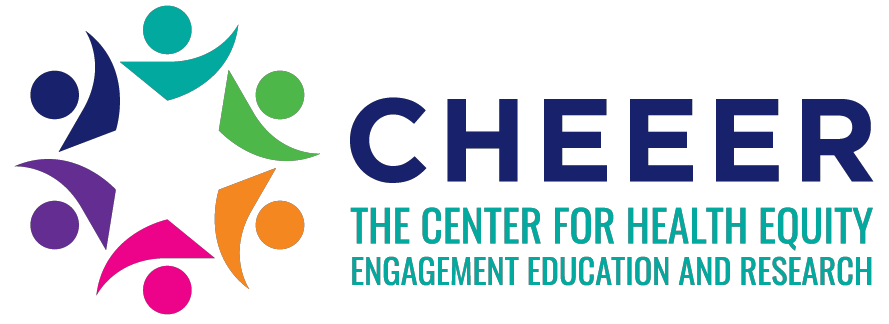“What’s the difference between organic and natural cereals?” You might have heard about the cereal crimes reported by the Cornucopia Institute. You can learn about it here.
“My aunt’s brother-in-law cousin’s neighbor recently told me I should I be gluten free. Does that mean no more delicious bread, ever?”
In a world filled with health information, it’s easy to feel overfed and under-nourished. Health information comes to us from a variety of sources, it changes frequently, and the messages sometimes seem contradictory. The Web has become a primary source of health information for many people. Our family, our friends, our neighbors are all willing to provide health advice. Newspapers, magazine advertisements, and television commercials all feature so-called health experts giving health advice. How do we evaluate the quality and credibility of health information? This blog will provide you with a few simple techniques so you would know if you should trust it or trash it.
The Access To Credible Genetics Resource Network has developed the Quality Assessment Toolbox to help create and evaluate educational materials. Their interactive online tool helps you to think critically about the quality of health information found on websites, handouts, booklets, and more. Click here to give it a try. The three main questions that are to be answered are:
- Who said it?
- When did they say it?
- How did they know?
MedlinePlus is the National Institutes of Health’s Web produced by the National Library of Medicine. Their online tutorial is about 16 minutes in duration and focuses on knowing about the source of the information. Of course, my aunt’s brother-in-law cousin’s neighbor has good intentions for me, but I’m not sure of his health and nutrition background.
University of California San Francisco Medical Center reminds us that if the information sounds too good to be true it probably is. If any of these red flags appear, keep looking for additional information:
- The information is anonymous
- There is a conflict of interest
- The information is one-sided or biased
- The information is outdated
- There is a claim of a miracle or secret cure
- No evidence is cited
- The grammar is poor and words are misspelled
I have found valuable and respected health information online as well as information that was false and misleading. I hope with the information provided helps you and your clients evaluate health information with more ease and confidence. What tools have you used to evaluate health information?

